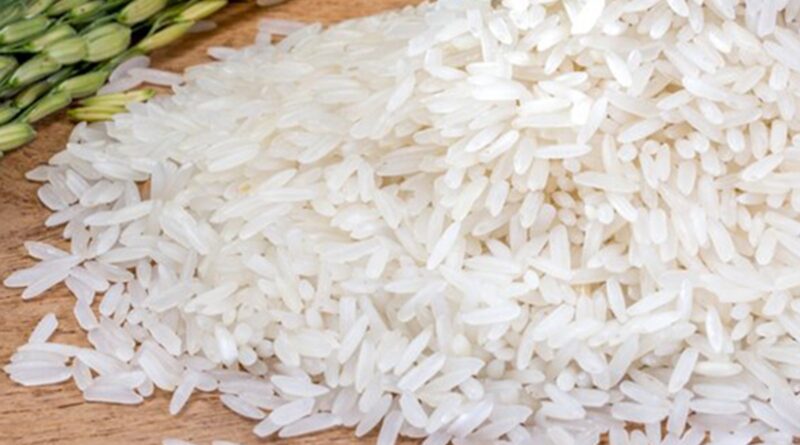Indian Exporter Bagadiya Brothers Wins Bangladesh’s First Rice Import Tender for 50,000 Tonnes
By Vasant Shah
A company based in Raipur, Bagadiya Brothers Pvt Ltd, has won the first international rice import tender of 50,000 tonnes issued by Bangladesh’s interim government. The firm secured the contract at a rate of USD 359.77 per tonne. This tender saw participation from bidders in India, Singapore, UAE, and Indonesia. SP Jaiswal, AGM of Bagadiya Brothers Pvt Ltd, confirmed the order and stated that the consignment must be delivered within 40 days.
Rahul Khaitan, director of Jai Baba Bakreswar Rice Mill in West Bengal, mentioned that his firm was among the unsuccessful bidders. He noted that two exporters from West Bengal participated in this tender. The consignment must be shipped via sea using large vessels. Bangladesh aims to directly procure 4 lakh tonnes of rice, with more tenders expected soon, potentially benefiting West Bengal’s rice mills and exporters.
Bangladesh’s Rice Import Strategy Bangladesh’s plan to import 9 lakh tonnes of rice has sparked optimism among Indian rice millers and exporters. This move has increased demand and prices for rice varieties like Swarna, Ratna, Miniket, and Sona Masoori. India is poised to benefit significantly due to its proximity and competitive pricing. Industry stakeholders believe India will emerge as a primary supplier, given it accounts for 46 per cent of global rice exports.
West Bengal’s exporters have already secured a substantial portion of private export orders. Out of the 9 lakh tonnes announced by Bangladesh in July, 5 lakh tonnes were allocated to private importers. Approximately 1.5 lakh tonnes of these private exports have been completed so far. Khaitan estimates that 30-40 per cent of private imports will come from West Bengal’s mills and traders.
Impact on Indian States:
States like West Bengal, Jharkhand, Andhra Pradesh, Odisha, and Bihar are expected to compete for and benefit from these orders. The early import plan by Bangladesh is seen as a precautionary measure against potential floods during the Aman season. Since August, Bangladesh has expanded its food-friendly programme to support 55 lakh families with 30 kg of rice per month at Tk 15 per kg during specific months.
Visakhapatnam and Paradip ports are crucial for India’s rice exports. Meanwhile, India has established a non-Basmati Rice Development Fund to enhance non-basmati rice exports. This fund aims to optimise government resources, provide strategic policy recommendations for global competitiveness, and promote collaboration between the government, APEDA, and industry stakeholders.
The initiative reflects Bangladesh’s proactive approach to ensuring food security amid potential challenges. As more tenders are anticipated soon, Indian exporters remain optimistic about securing further contracts. The ongoing developments highlight the strategic importance of rice trade between India and Bangladesh.
This article has been republished from The GoodReturns

